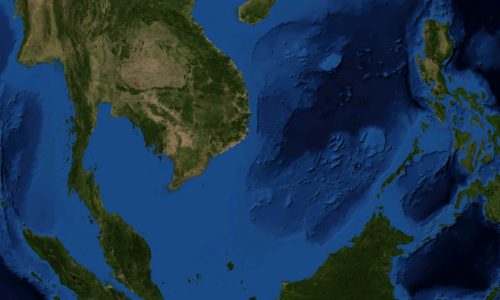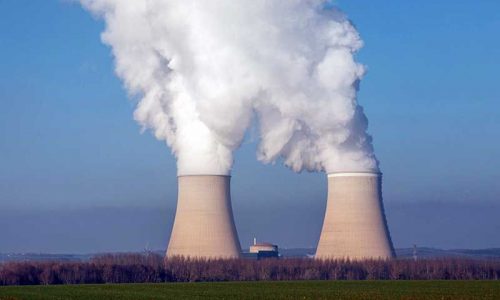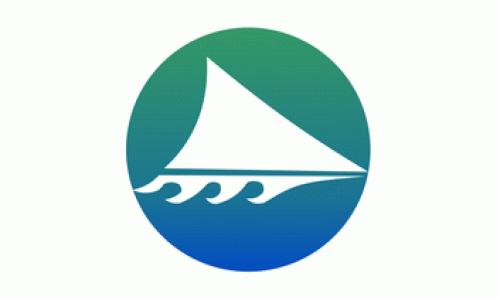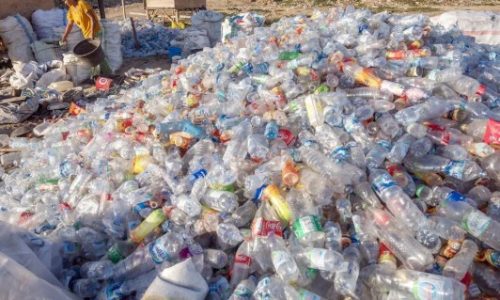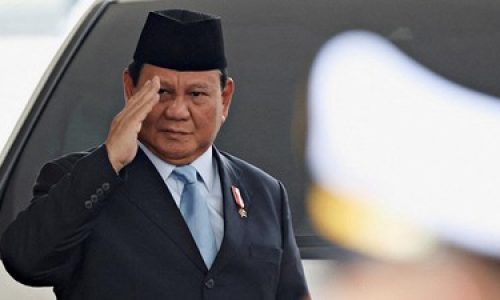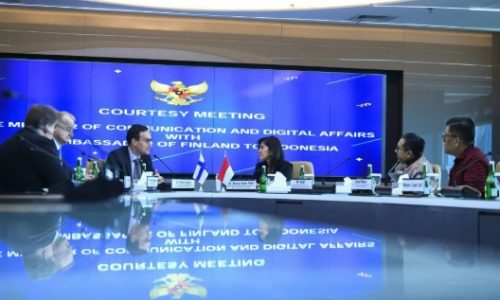German businesses attending the 17th Asia-Pacific Conference of German Business (APK) in Singapore on November 13-14, 2022, have seen that decoupling from China is not the right way to deal with the country’s dependency to one particular country.
The biennial event is the largest and most important German business conference in Asia-Pacific. It serves as a platform for senior business leaders and government officials to exchange views on current economic developments in Europe and the Asia-Pacific. The event also serves to strengthen economic ties and build business partnerships.
Diversifying trade relations
“The Russia-Ukraine war has changed everything. We have to be careful not to do business without thinking about the dependencies of supply chains of energy and raw materials and of trade,” German Vice Chancellor and Federal Minister for Economic Affairs and Climate Action Robert Habeck told the press briefing.
“Germany will strengthen the rule-based international order control and climate change, reduce unilateral dependencies in strategic areas through diversification and prevent future socio-economic crisis and to reaffirm the inclusive approach,” he said.
German Chancellor Olaf Scholz, who attended the event prior to flying to Bali for the November 15-16 G20 Summit, said that, “Reducing risky, one-sided dependencies when it comes to certain raw materials or critical technologies will play an important role in the National Security Strategy that we are currently working on.”
“Our view of the matter is clear: The best way to achieve more resilient supply chains is to diversify our trade relations,” he added.
Habeck also said that the country would continue negotiations on energy transition partnerships with India, Indonesia and Vietnam.
“For the future, I have to say that the German strategy is to diversify its trade relationship,” he added.
Approaching Asia Pacific
Chairman of Asia-Pacific Committee of German Business and CEO of Siemens, Roland Busch, emphasized three driving forces of Berlin’s new approach to the Asia-Pacific.
He said that over half of the world’s economic growth was being generated in the region, the quick and efficient adoption of technology in this part of the world and the need to diversify and fortify supply chains from future disruptions.
“The third one is diversification,” Busch said.
He added that the COVID-19 pandemic was a proof on how difficult it was when a country depended too much on one source and certain supplies. He said it was time to look into how to diversify the market and elevate collaboration with the countries of this region to a new level.
“Only by joining together that we can add further depth to our partnership with the Asia-Pacific region, which is a key region for German industry and commerce,” Busch said.
ASEAN’s stance
Singapore Deputy Prime Minister Lawrence Wong highlighted the current trend towards economic decoupling between the US and China.
“There are so many interlinkages between US and China today that it is hard to imagine how they can completely decouple their economies; but even selective decoupling in technological areas will not be easy or painless – it will have a devastating impact on the global economy,” he said in his speech.
Wong said that ASEAN was a neutral pole for cooperation and did not want to be forced to choose sides between the US and China.
“There are many flashpoints in Asia where miscalculations can happen – not just the Taiwan Strait, but also the South China Sea, and the Korean Peninsula,” he added, referring to the heated tension between the two superpower countries following US House of Representatives Speaker Nancy Pelosi’s visit to Taiwan on August 2, 2022.
Wong reminded that China was ASEAN’s largest trading partner despite the existing disputes with several member countries. Vietnam, the Philippines and Indonesia have resisted China’s aggressive maritime claims in the South China Sea. However, ASEAN has managed to maintain their economic ties with the world’s second largest economy.
“Ultimately, the key to peace and stability in Asia and the world is the state of the US-China relationship. Both powers have legitimate interests across Asia,” he said.
- Indonesia Business Post attended the 17th Asia-Pacific Conference of German Business (APK) on the invitation of Konrad Adenauer Stiftung (KAS).



